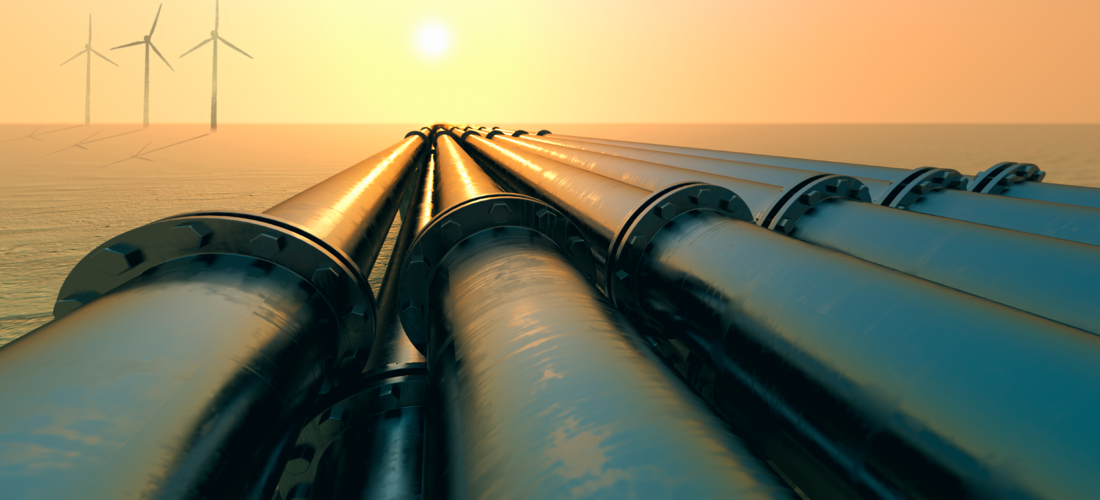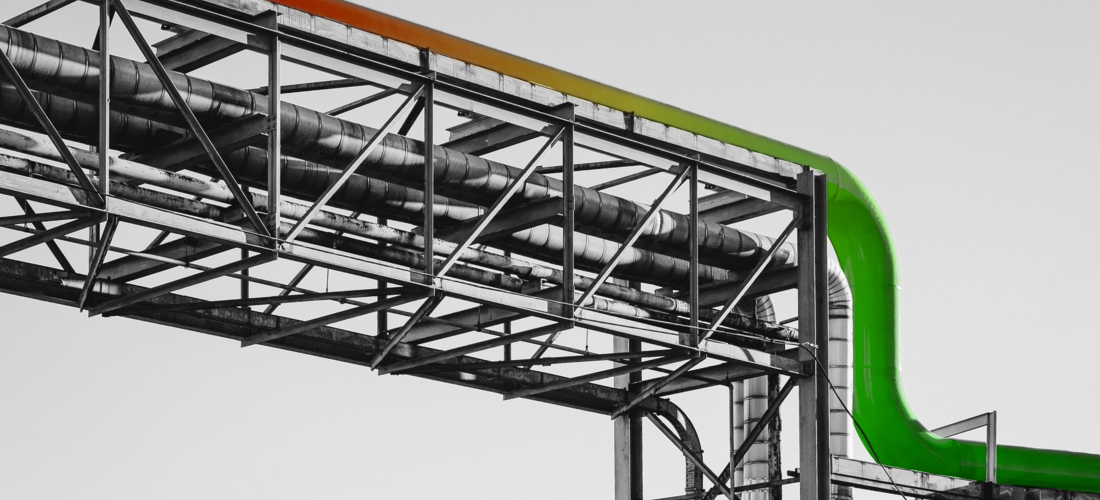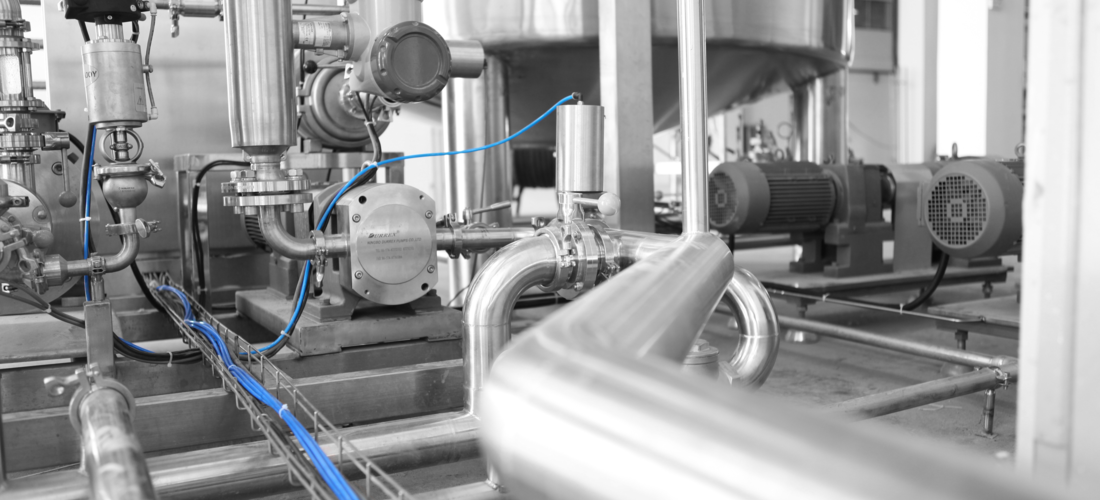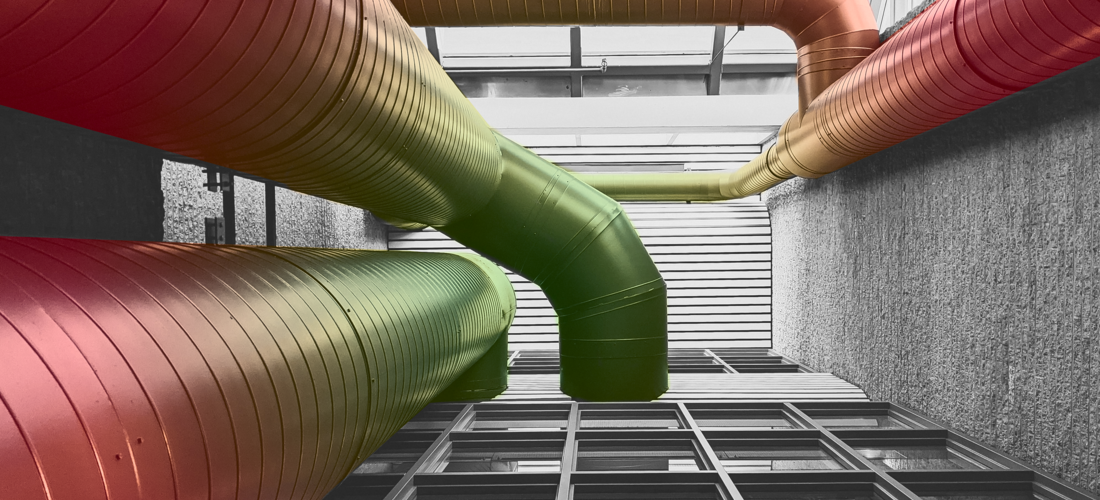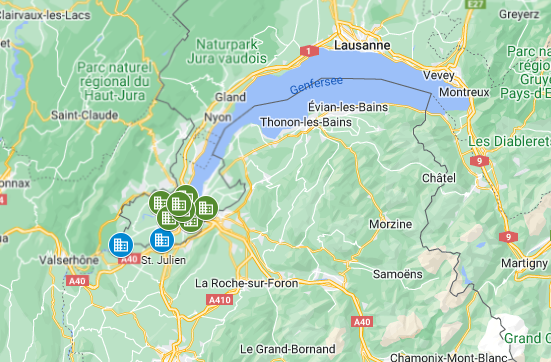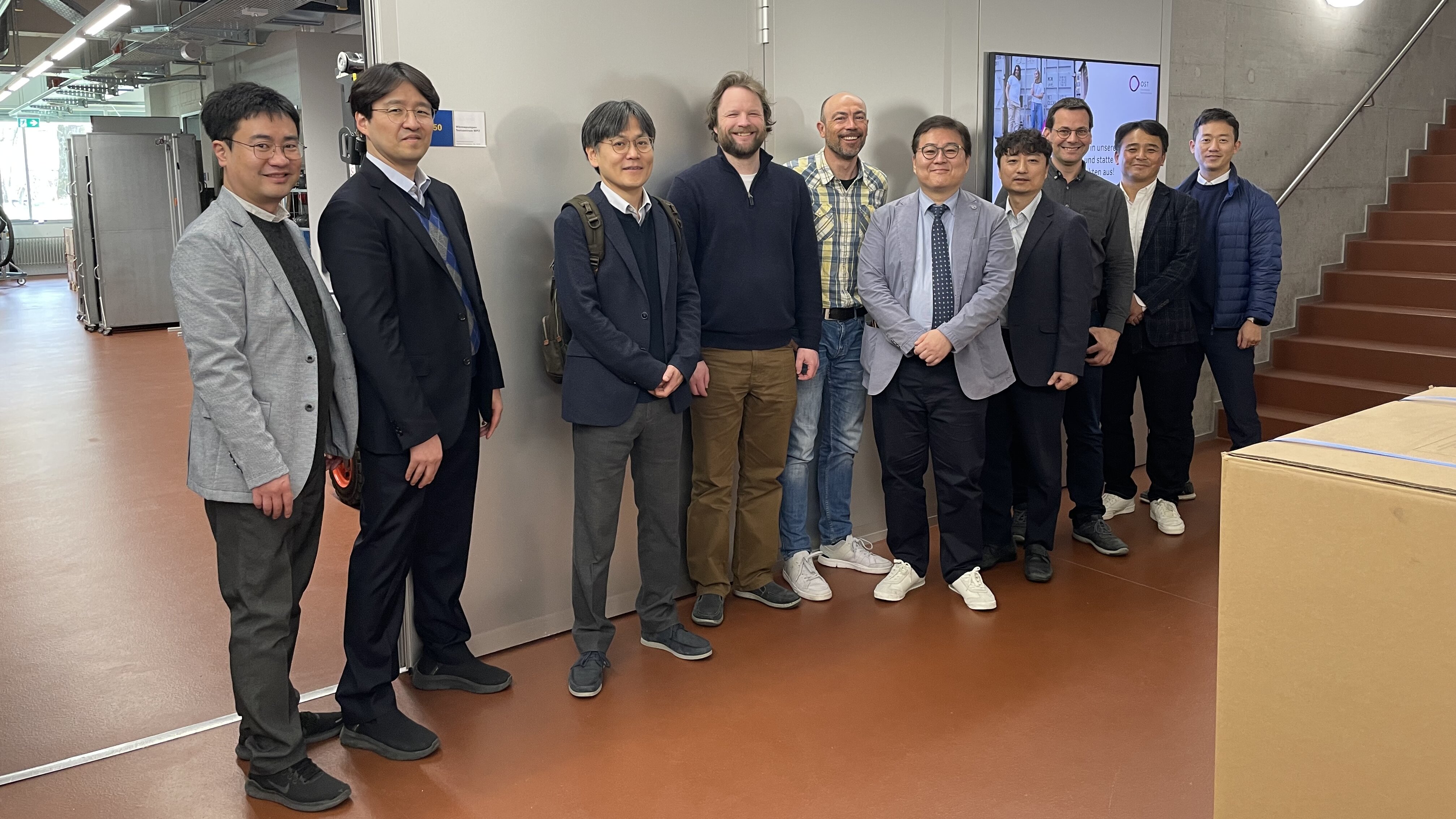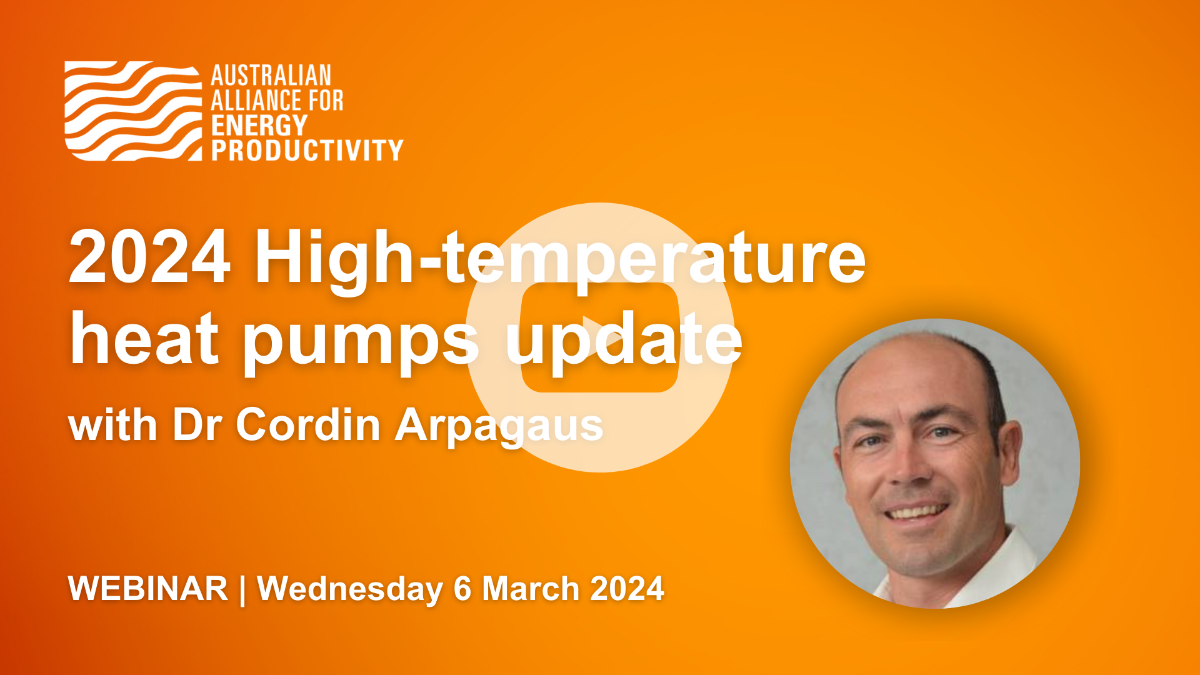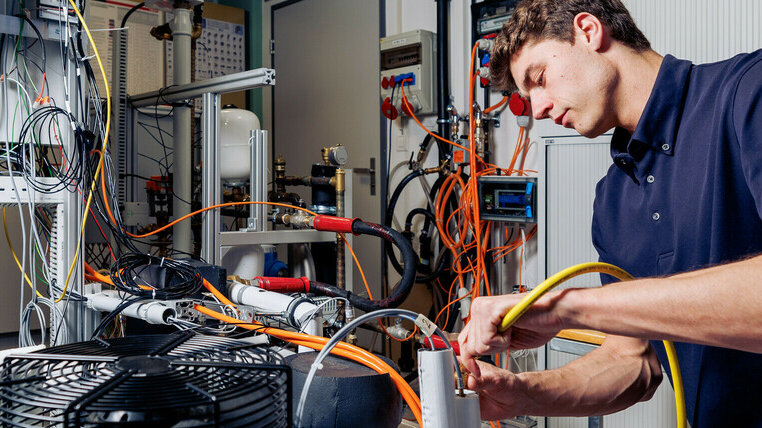DeCarbCH
DeCarbonisation of Cooling and Heating
DeCarbCH is a research project sponsored by the Swiss Federal Office of Energy’s “SWEET” programme (Call 1-2020) and coordinated by the University of Geneva.
The DeCarbCH project addresses the colossal challenge of decarbonisation of heating and cooling in Switzerland within three decades and it prepares the grounds for negative CO2 emissions.
The overall objective of the project (with the ultimate target of net zero emissions) is to facilitate, speed up and de-risk the implementation of renewables for heating and cooling in the residential sector (for various scales and degrees of urbanization) as well as for the service and the industry sector by
- providing guidance on which combinations of technologies to implement where, to which extent and when,
- developing, piloting and demonstrating combinations of commercially viable technologies thereof, consequently helping to drive down the cost of renewable heating and cooling in all sectors,
- conducting model-based analyses that support planning, inter alia by the development of scenarios representing the supply, distribution and demand of renewable heating and cooling services,
- quantifying the value of both renewable heating and cooling as well as of negative CO2 emissions,
- providing evidence-based guidance on how to enable the implementation of renewable heating and cooling by policies and by legal measures as well as by engaging with the relevant actors and ensuring the necessary level of acceptance.
The DeCarbCH project focusses on three main components, i.e.
- advanced renewable energy and transformation technologies,
- thermal grids (for heating and cooling), and
- energy storage.
For these, we establish optimal combinations (in technical, economic and environmental terms) as well as necessary and desirable conditions for their implementation.
A solution-oriented, interdisciplinary approach is applied for the project as a whole and within each work package.
The work packages deal with subsystems (e.g. WP03 on grids in combination with renewables and energy storage, WP04/WP10 on industry and WP05/WP11 on primarily standalone renewable energy-driven system solutions), they represent case studies (WP06 for Zurich and WP07 for Romandie) or they apply specific approaches (legal and socio-economic integration in WP02/WP09 and energy system modelling in WP01/WP08), leading to recommendations for policy makers and other stakeholders.
